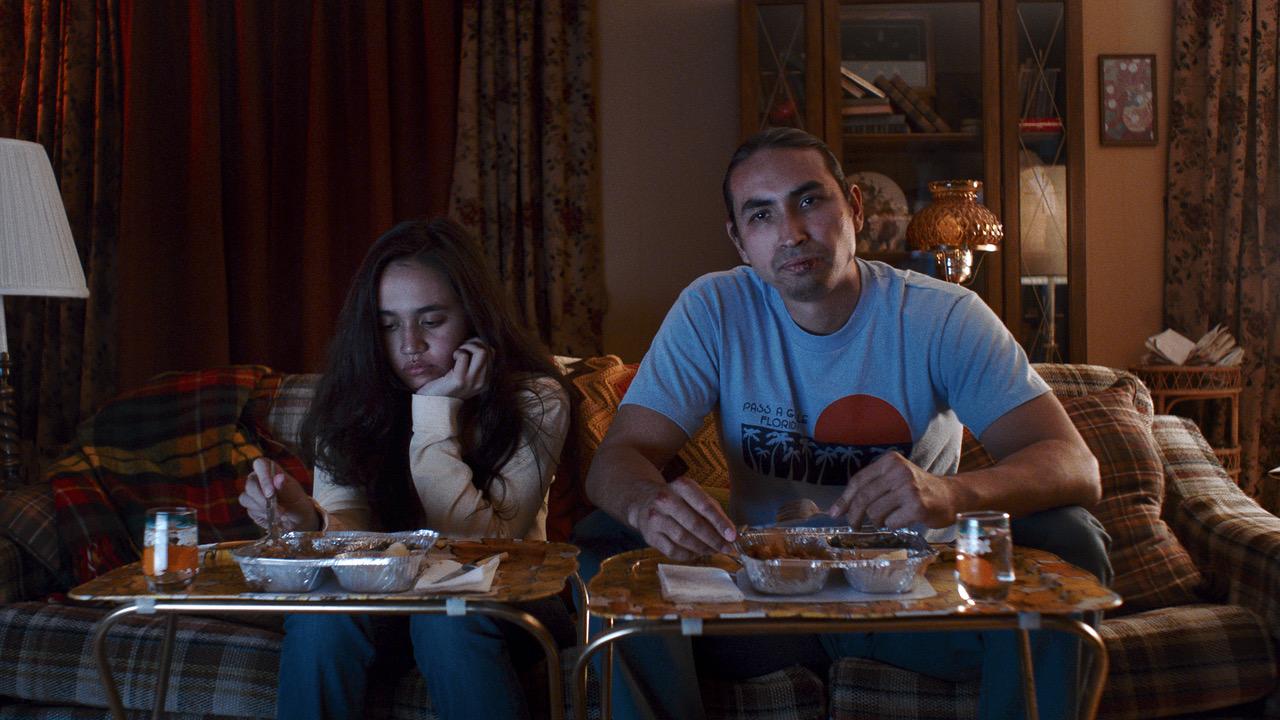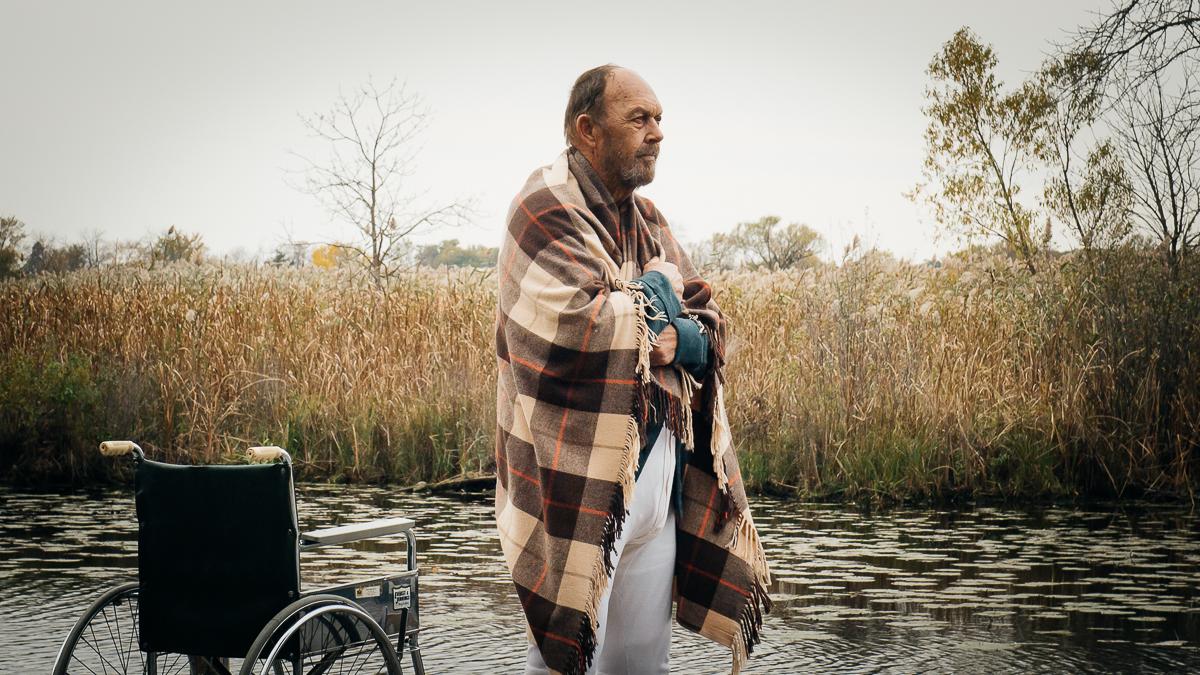It’s a hard thing to direct an odyssey film, particularly as your opening number. I didn’t quite know what to expect of Once Upon a River walking into it and on walking out I was baffled, thought it wasn’t for me. I’ve come to an understanding with it and see it as much more complicated than at first believed. It’s a beast of a film thematically, tackling issues of race and class and sex and just…a lot of things. This is a “kitchen sink” film and it shows.
Haroula Rose has done a solid job with the film, adapting the novel by author Bonnie Jo Campbell (I’m going to read that thanks to her, so that’s a win). It follows the harrowing journey of Margo Crane (Kenadi DelaCerna) as she flees downriver after her father (Tatanka Means) is killed, desperately searching for her mother (LIndsay Pulsipher). She was sexually manipulated by her uncle and the resulting brotherly feud ended in a gunshot, leading to her predicament.
Right off the bat, let’s talk visuals because this thing is an absolute animal. Weaving together visuals that remind me of how Terrence Malick shoots river country with the trailer park communities that surround it must have been difficult but somehow Rose and cinematographer Charlotte Hornsby have nailed it, leaving every shot a thing that feels organically beautiful. Nights feel dark and comforting in places, dangerous in others. Days are covered in fog and sunshine and shots of the river flowing beneath the forest. This was possibly the most absolutely stunning film at the festival in terms of imagery and I can’t wait to see what the director and cinematographer do next (please work together again!).

And performances across the board are wondrous but Kenadi DelaCerna knocks it out of the damn park. Margo Crane is shown to have an affinity for killing early on, hunting deer off-season and nailing them in the eyes to preserve the pelts. She also makes a case for sex-positive filmmaking, contrasting the scene where she has sex with her uncle (it’s gross and awkward and looks unsatisfying) with another one later, where she hooks up with someone thoughtful and intelligent in a moment of bonding. My companion leaned over to me and whispered, positing that it was learned behavior and that the character felt that was just what she did with men after how she was treated and that it was ingrained after a pseudo-rape. I posit that it skewed more toward a balance, making sure the audience got to see that sexual experiences can vary. Whole scenes get recontextualized and there’s a refreshing feeling to it.
All of this said I just had a hard time connecting with the film. The plot, like so many American odyssey stories, is very meandering and episodic. Stories like this work for so many on that level but I had issues getting emotionally attached to a lot of scenes. There’s an ambiguity to the end of the film, implying that everything continues to flow just like the river and that life will go on despite all of these things, but it left me feeling hollow and like I just seen a rant. Have you ever been in a bar and listen to someone tell an interesting story that ultimately makes a cool statement but then they go to pee before finishing it and wind up leaving before you hear the ending? Yeah, it felt like that.

Before the film premiered a lot of the Tallgrass staff also made a big deal of the score. It’s not a bad one, but if they were going to highlight one from a festival film I could name a couple of others that had more interesting music involved. I’m not being nit-picky as the score was perfectly serviceable, just pointing it out because I think that needs acknowledging.
End of the day this was a film I can’t nail down an opinion on. This rarely happens but it does occur now and then, usually with things like this that say important things and take you on a journey but feel thematically caught up in their own metaphor to the detriment of the narrative. I’ll say it’s worth your time but I wouldn’t rush to find it or anything.


2 Comments